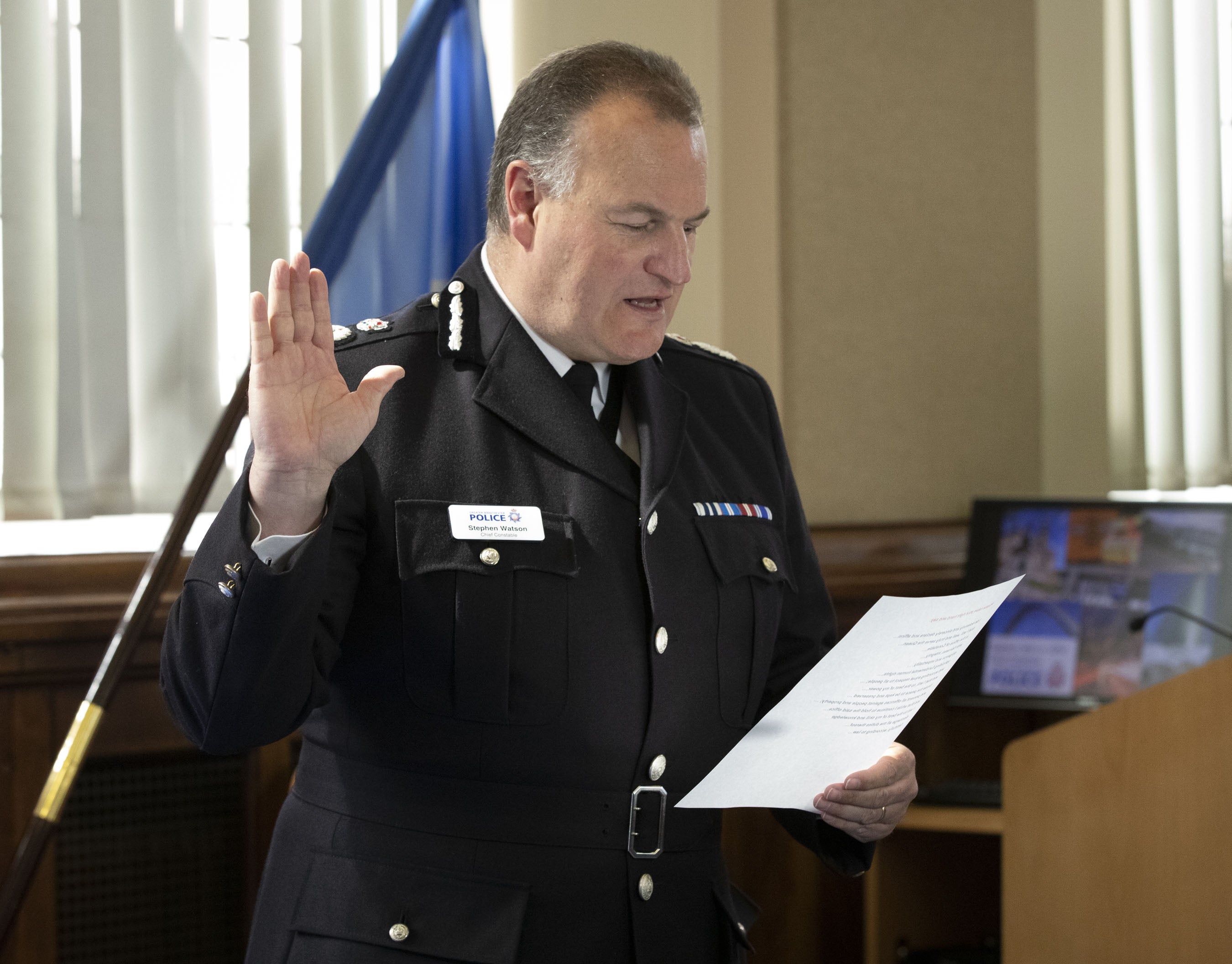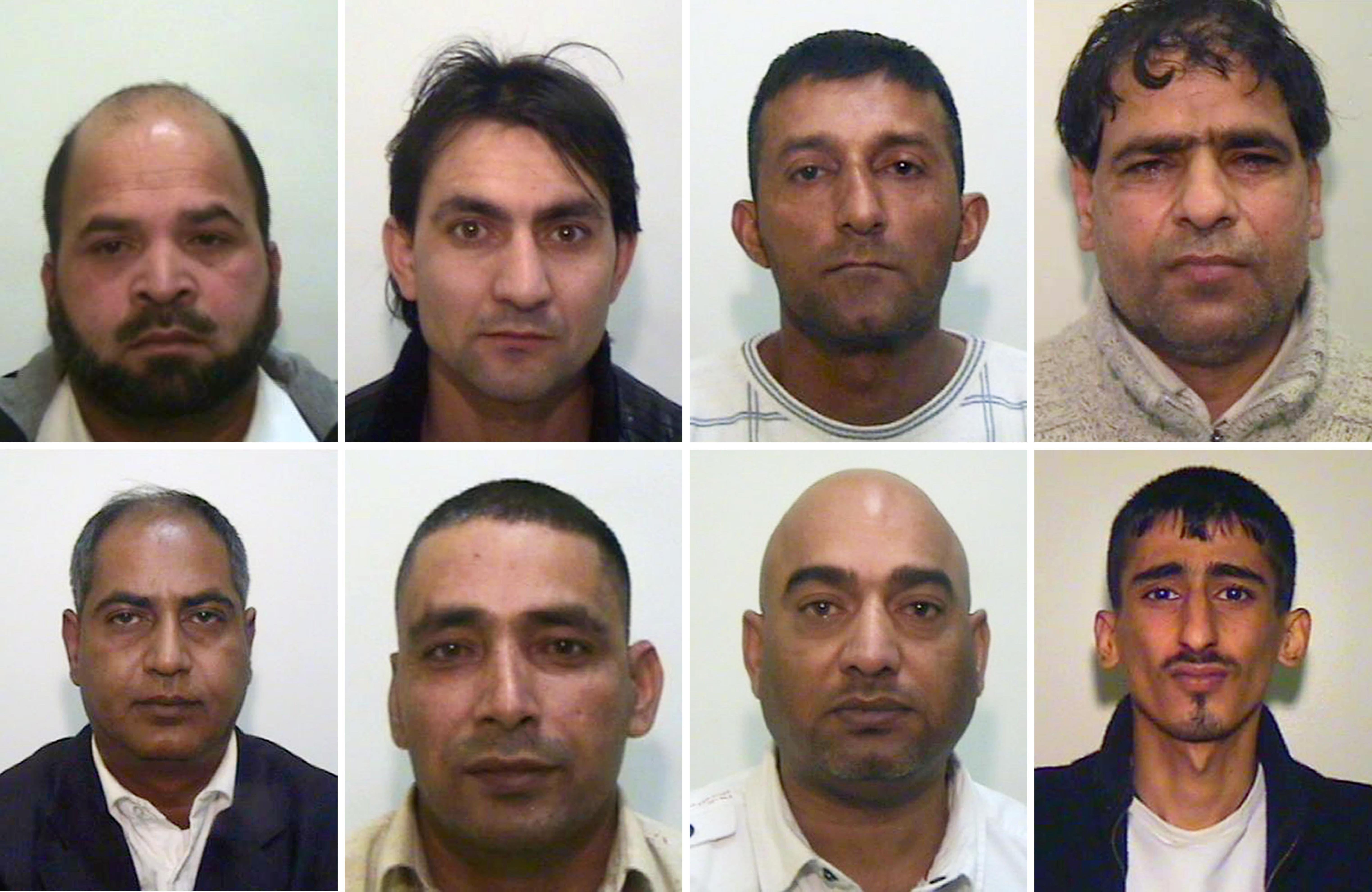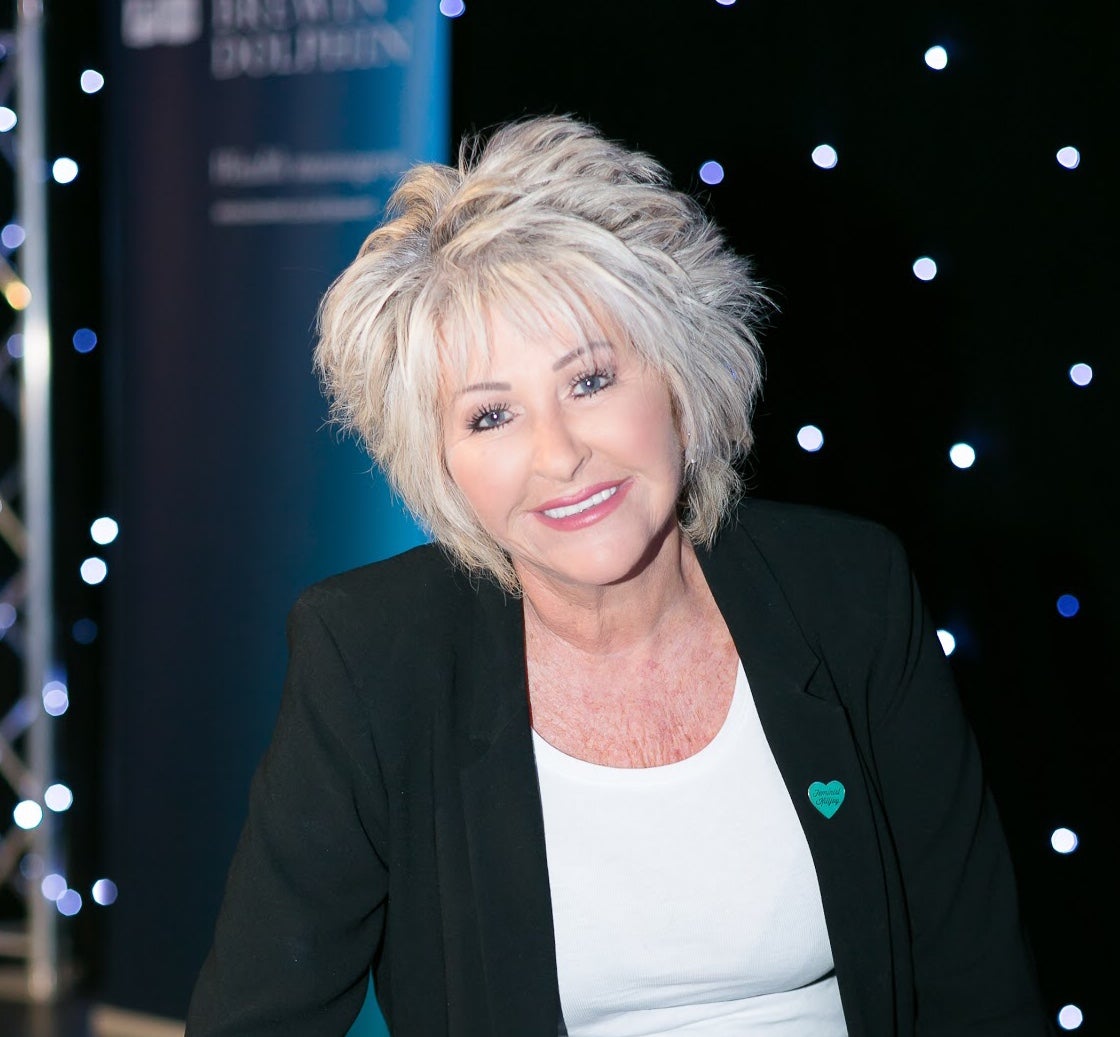
Three victims of grooming gangs in Rochdale have received “substantial” damages and a personal apology from the chief constable of Greater Manchester Police (GMP).
The women met Stephen Watson, the top officer at GMP, at force headquarters on Tuesday afternoon to be given the apology in person for police failings when, as children, they were repeatedly raped and sexually abused by gangs of men in Rochdale.
Mr Watson apologised for the failure of the force to protect them and investigate the abusers, which happened under previous chief constables, including Sir Peter Fahy and his predecessor.

Mr Watson told the women: “It is a matter of profound personal regret that your childhood was so cruelly impacted by the dreadful experiences which you endured. GMP could and should have done much more to protect you and we let you down.”
One of the three women, Daisy, whose name has been changed to protect her identity, said: “I don’t know if I believe that Greater Manchester Police have really changed their ways as they say they have, but I’m happy that they’ve taken into account their failings and there’s finally been some accountability.”
The women, backed by lawyers from the Centre for Women’s Justice (CWJ) charity, brought a legal claim against GMP that said, according to legal documents, that from the early 2000s there was growing evidence from multiple allegations that gangs of predominantly Asian men were grooming, trafficking and sexually abusing predominantly white working-class girls in Rochdale.
Lawyers for the three – one who was 14 and two who were 12 at the time – successfully argued their human rights were breached by GMP failing to protect them by putting a stop to the abuse.
This included failing to record crimes, investigate offenders, collect intelligence, or charge and prosecute abusers.

Instead of child victims of sexual abuse, the three were viewed by police as “bad” or “unreliable” witnesses and were sometimes arrested themselves while reporting abuse, the women said.
Though the abuse was happening “in plain sight”, a police operation to tackle the gangs was closed down abruptly in 2004, despite police and social services having the names of the men involved and their victims.
Eight years later, following a second major police investigation, Operation Span, nine men were convicted for sexual exploitation of children in Rochdale.
The trial heard that girls as young as 12 were plied with alcohol and drugs and gang-raped in rooms above takeaway shops, and ferried to different flats in taxis where cash was paid to use them.
Another of the three women, Amber, said: “I feel like this is the first time I’ve really been seen and publicly recognised by authorities as an innocent child victim who needed protection.”

Former detective constable Maggie Oliver resigned from GMP in 2012 to turn whistleblower over the force’s failings.
Ms Oliver, founder of the Maggie Oliver Foundation, a charity that supports and advocates for survivors of child sexual abuse, said: “I feel relieved that finally, after an all-consuming 10-year battle, GMP have at last acknowledged their horrific treatment of these three victims was wrong, even inhumane.”
Kate Ellis, a solicitor at the CWJ who acted for the three claimants, said: “We hope that today’s outcome will serve as a reminder to Greater Manchester Police, and other police forces, that they will be held to account if they fail to protect vulnerable children from exploitation and abuse.”
GMP settled the claim before the matter got to court.
Responding to the apology issued on Tuesday, Andy Burnham, Mayor of Greater Manchester said: “Within days of being elected as Mayor of Greater Manchester I commissioned an independent assurance review into historic child sexual exploitation in Greater Manchester, prompted by The Betrayed Girls documentary and the serious issues raised by Maggie Oliver.
“There is no doubt that GMP did fail victims and survivors. I am therefore pleased that today the new Chief Constable has met with some of the victims of child sexual exploitation from Rochdale and with Maggie Oliver and has delivered an in-person and written apology.
“This marks a clear break with the past behaviour of GMP and I hope it will provide reassurance that, under the new leadership of our Chief Constable, an entirely different approach is being taken to victims and facing up to past mistakes.”







